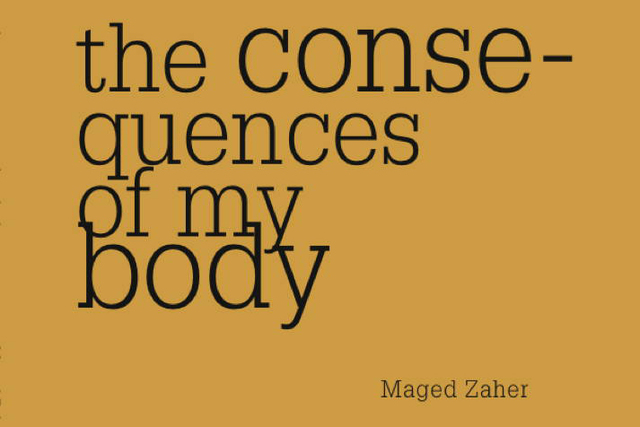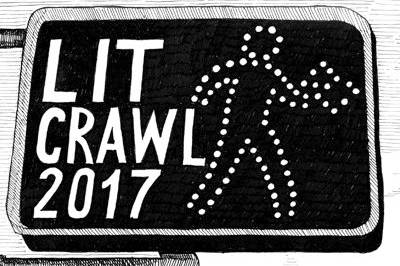It’s almost impossible to write about Maged Zaher without discussing the fact that he keeps residence in two distinct worlds. Zaher simultaneously chronicles daily life in his native Egypt—where the unrest of the Arab Spring still reverberates in every public space—and the more mundane life of a software engineer in Seattle. At first these seem like opposing factions, or even disparate subjects. But if you read enough of Zaher’s work, you understand that he’s making a broader point. We are all, in our own way, an off-kilter mix of boring, bumbling everyday schlubs and passionate political revolutionaries. That friction—between the dramatic and the banal, between the oppressed and the willfully ignorant bystander—is what makes modern life so maddening.
The rich and the poor, the aware and the unaware, the passionate and the hypocritical—they’re all given voice in Zaher’s poems. The language he employs is friendly and familiar; some of his poems, if spoken aloud, could be mistaken for the hilarious rant about online dating you overheard at the bar last Friday night. His newest collection, The Consequences of My Body, is perhaps the best example of the way he employs disarming language to make sharp political points. Here, Zaher unleashes a stream-of-consciousness prose poem about the connecting points between his two worlds:
“Michael Hardt and Antonio Negri point at the network as the dominant paradigm in our era. Modes of dominance and resistance take the shape of a network. In computer science, the grid is a form of a network. The airport in Seattle is a major node in the networks our lives go through … Coming in and out of Seattle, my sentences get shorter. The city has poets, engineers, investment bankers, and—of course—musicians. The city also has its homeless. The ones who are sacrificed daily.”
Body is a book that is interested in corporeality: the awkwardness and wondrousness and confusion of having a body, of moving that body through the world, of using that body to communicate with other bodies. Zaher employs a number of different poetic forms to examine his subject: short, experimental poems; more formal poetic traditions; essays; drunken e-mail exchanges. He circles the globe in his body, indulging its whims and fretting over its failings. All the while, he wonders if he is doing the right thing, if he is in the right place, if he is being a person in the right way.
“I want to be lost in Seattle dimness,” Zaher writes, “Turning slowly into a nature poet/Writing about leaves changing colors.” It’s a marvelously self-reflective line: Zaher’s becoming a Seattle nature poet would be like a leaf slowly sapped of its life—suck out the chlorophyll, the ichor, and you’ve got a pretty-but-dead thing to admire for a second before moving on. Thankfully, that’s not going to happen. Zaher’s body, and his body of work, is too full of life, in all its hilarious, contradictory political permutations. He’s not a nature poet; he’s a force of nature. Open Books, 2414 N. 45th St., 633-0811, openpoetrybooks.com. Free. All ages. 4:30 p.m. Sat., March 26.
Paul Constant is the co-founder ofThe Seattle Review of Books. Read daily books coverage like this at seattlereviewofbooks.com.








